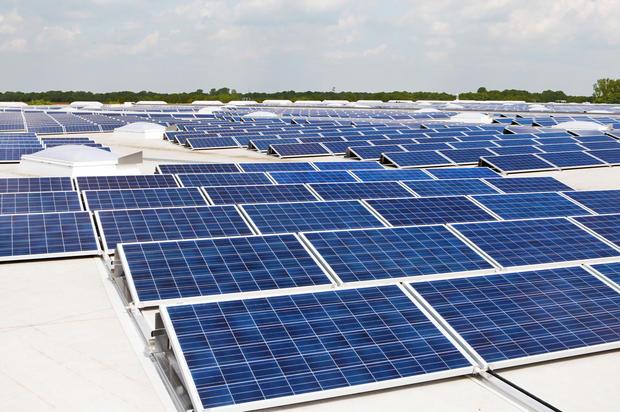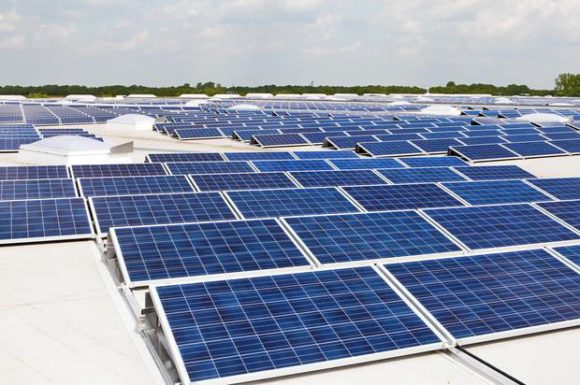
Solar power and electric cars could halt fossil fuels by 2020
Fossil fuels will soon be a thing of the past as renewable energy sources are being embraced globally and the technologies behind electric cars, solar and wind power make them less costly to consumers.
The coal and oil industries are seriously underestimating the impact the renewable energy industry is making on the world. Technological advances have resulted in innovative manufacturing and less costly production methods, making end products in the electric vehicles and the solar and wind energy sector more affordable.
The world really is embracing renewable energy. And as Digital Journal reported in November, nanotechnology is now being tested as a means of transforming sunlight into thermal energy.
In October 2016, Digital Journal reported on the first steps being taken to generate lower cost ‘green’ electricity through a combination of concentrating solar power and thermoelectric materials.
Electric vehicles are taking to the road
Continuing research, innovation and emerging technology, such as using printable solar photovoltaics in the production of electric cars will see EVs making up as much as a third of the world’s road transportation by 2035, according to a new report by the Grantham Institute at Imperial College London and the Carbon Tracker Initiative.
Luke Sussams, a senior researcher at Carbon Tracker, said: “Electric vehicles and solar power are game changers that the fossil fuel industry consistently underestimates.” James Leaton, head of research at Carbon Tracker adds “There are a number of low-carbon technologies about to achieve critical mass decades before some companies expect.”
Solar power costs have dropped almost 85 percent over the last seven years, reports the Guardian. Less costly solar panels could supply 23 percent of global power generation by 2040 and 29 percent by 2050, significantly putting a dent on natural gas and basically phasing out fossil fuels entirely.
According to the International Renewable Energy Agency (IRENA), wind energy globally has increased has increased from 73,281 MW in 2006 to 416,638 MW in 2016, including offshore wind energy seeing an increase from 993 MW in 2006 to 11,712 MW in 2016, a very respectable figure.
Solar energy also showed increased usage globally, going from 6,496 MW in 2006 to 223,948 MW in 2015. Solar photovoltaic also saw a striking increase globally, going from 6,083 MW in 2006 to 219,297 in 2015. And these figures don’t include bioenergy, geothermal energy or other types of renewables.
And even though the Trump administration has created fears of the U.S. pulling out of the Climate Change pact, and promising to resurrect the coal industry in this country, it will end up being an empty gesture on his part because renewables are the wave of the future.
 By
By 




